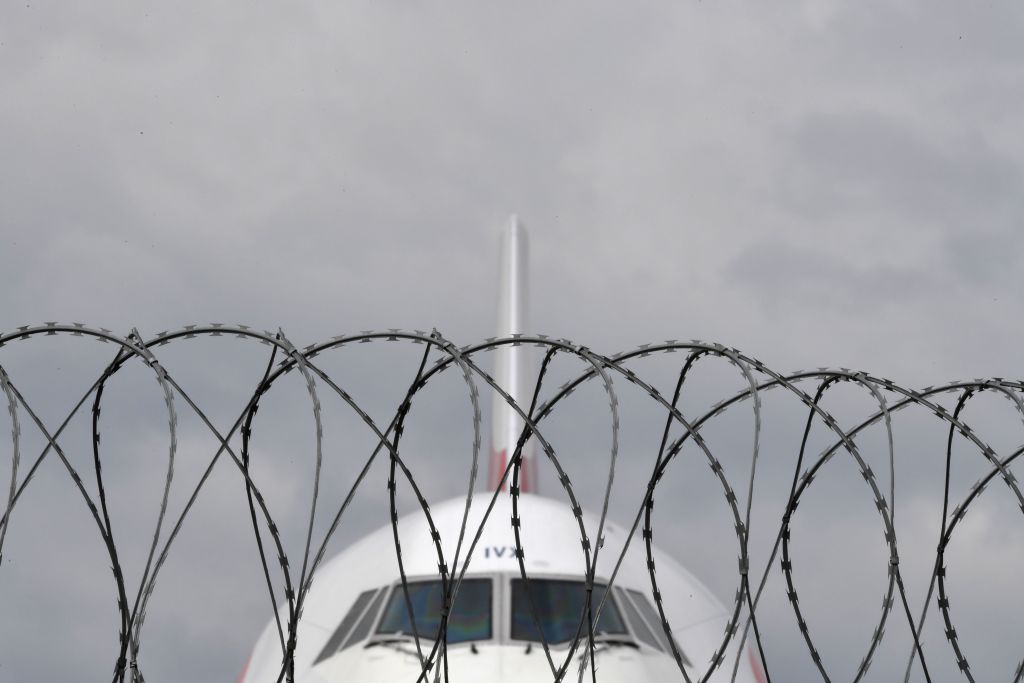British Airways is laying off 12,000 staff. Virgin Atlantic is desperately looking for a buyer. Air France-KLM is being bailed out by the French and Dutch governments, Lufthansa is getting rid of planes, and Airbus is furloughing workers. The once mighty airline industry is in terminal trouble, with massive state support now required to keep it alive. Rishi Sunak hasn’t stepped in with his chequebook yet, but, heck, it is only Wednesday and it is probably somewhere on his ‘to-do’ list for the week.
But hold on. Sure, we want to rescue most industries and bring them back to life as soon as practically possible. That is certainly true of gyms, restaurant chains, car manufacturers and most of the shops (although if we are being completely honest here, maybe not Sports Direct). But the airlines? In truth, the industry has become completely dysfunctional, and this is a good moment to re-invent it.
As anyone who has experienced the check-in ‘experience’ at Gatwick at 4.30 on a Saturday morning in August will know, modern air travel has turned into a dystopian nightmare. Airports are over-crowded, with ‘customers’ herded through ‘retail opportunities’, squeezed onto over-stuffed orange or blue metal tubes on schedules that are jammed to capacity. OK, we didn’t expect the 1960s golden age of air travel when trolley dollies batted their carefully manicured eyelashes at businessmen while serving them chilled martinis to survive once it became a mass market. But it didn’t need to become quite so hellish.
After all, most industries don’t evolve like that. The major car manufacturers manage to make comfortable, reliable vehicles at an affordable price. The supermarkets and casual dining chains have made a vast range of quality food available at low-ish cost. The out of town multiplexes have better seats, screens and sound than the old fleapit in the town centre ever did without costing a fortune. And so on. In most sectors of the economy, the product gets better and better over the years, and prices remain competitive. That is the middle, mass-market, which most companies and entrepreneurs go after – because it is where the real money is made.
But led by the low-cost carriers that started out battling hostile regulators and suffering from badly designed green taxes which punish ticket holders and force companies to scrimp on every other possible cost, the airlines have developed a weird model that made price the only consideration. Nothing else mattered except shaving another pound off that ticket to Lisbon and taking another thirty grams off the luggage allowance. The result? The carriers are barely profitable. And the service for passengers gets worse and worse. It is a nightmare for everyone
Right now, we have a chance to fix that. With most of the airlines grounded anyway, and with little clarity on when they might be able to start flying again, here is a simple solution: let most of the existing airlines go bust. The planes and the landing slots can be parked for a while and once it is safe to take to the skies, we should allow a new generation of entrepreneurs to emerge who have worked out how to combine low-ish prices with decent quality. True, that might mean a little less air travel. But it would also be a lot more fun – and a few of us might even start to look forward to getting on a plane again.






Comments